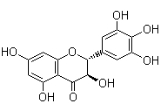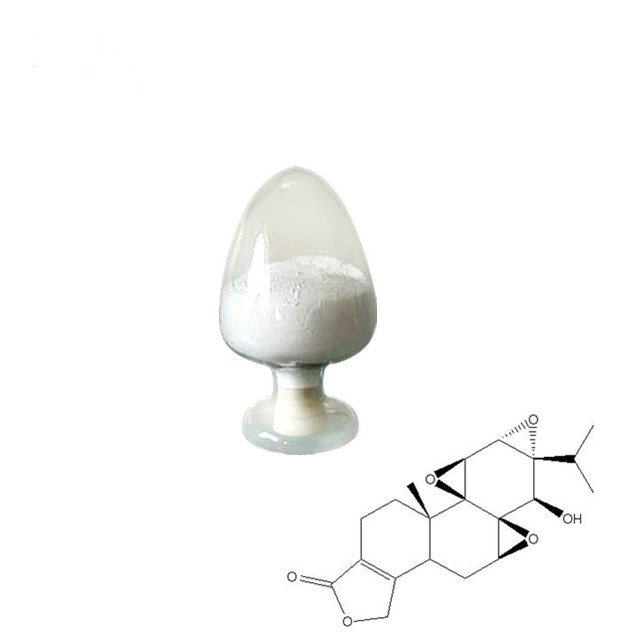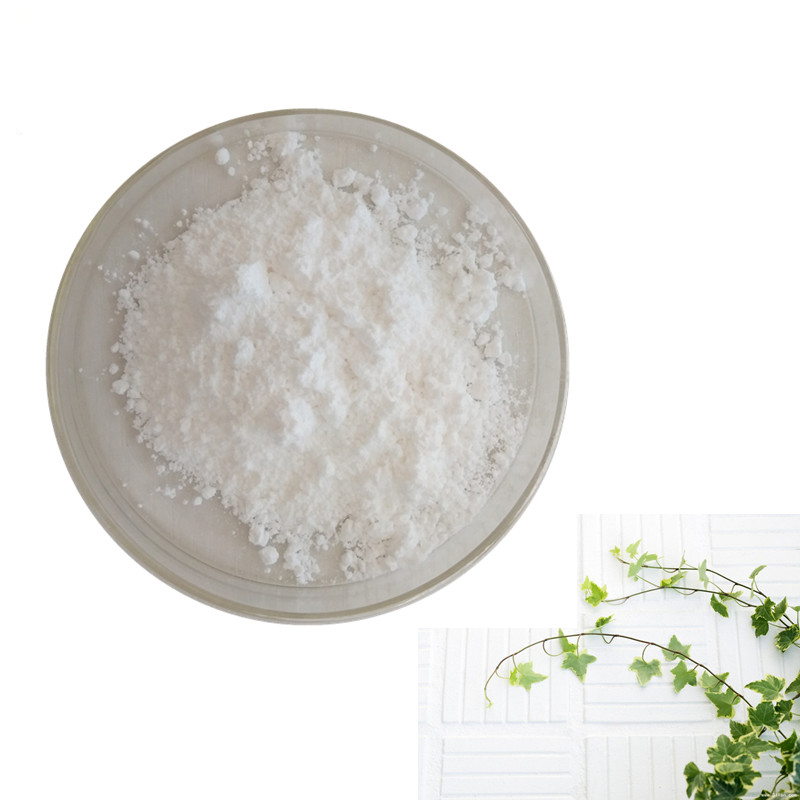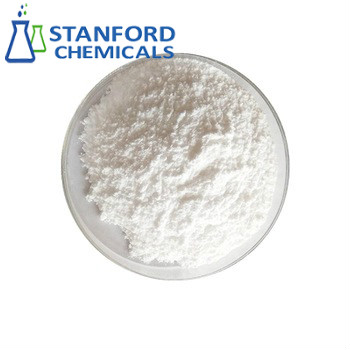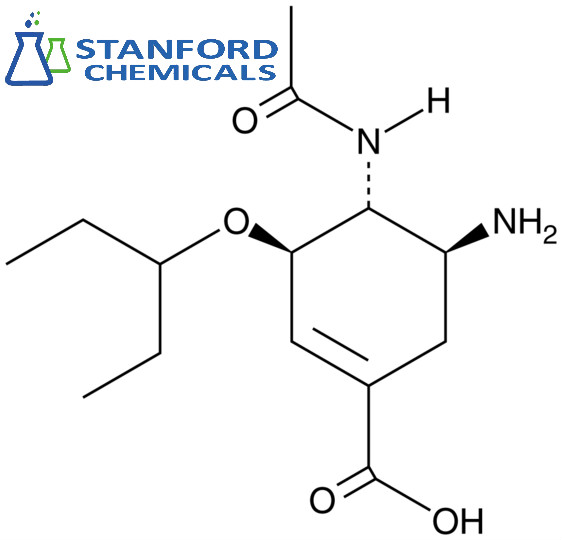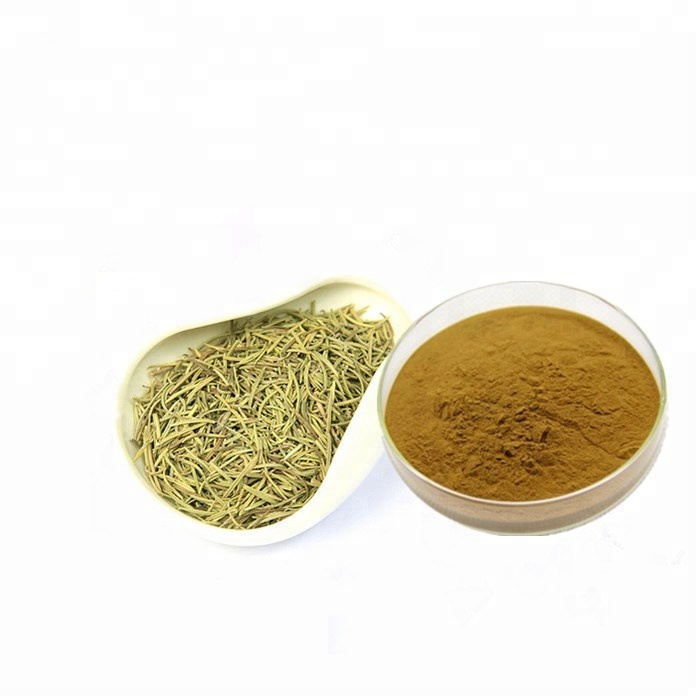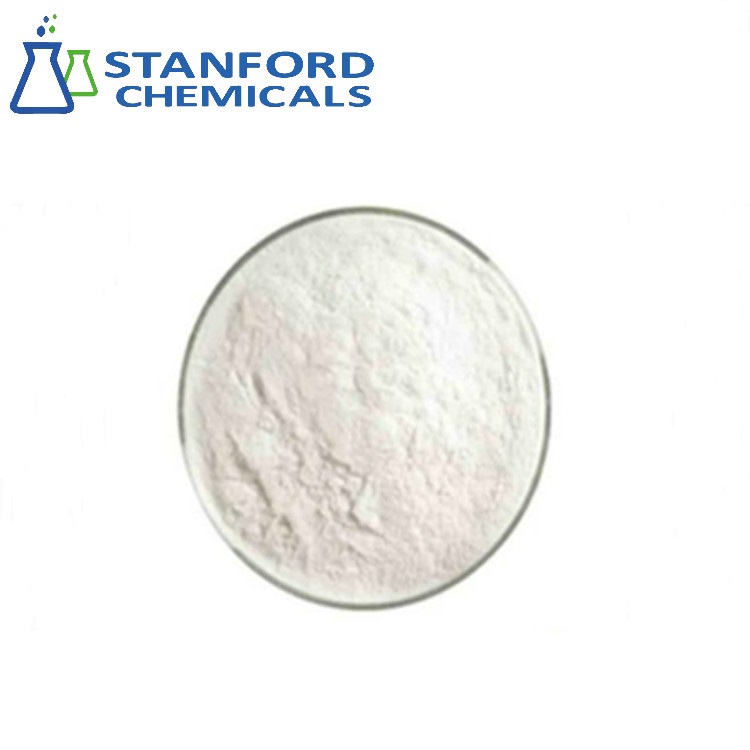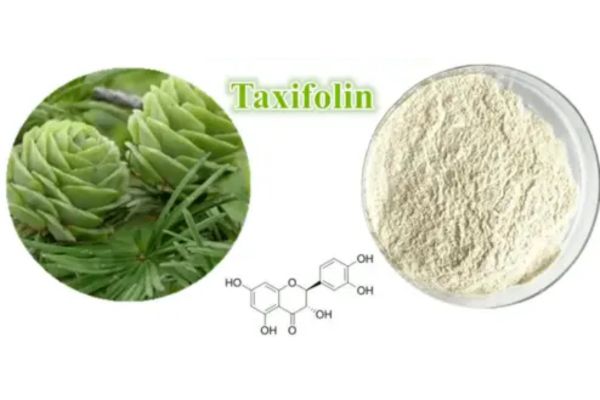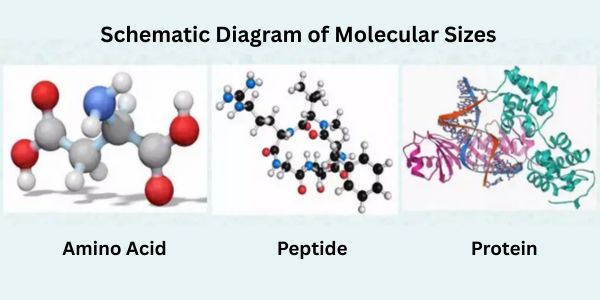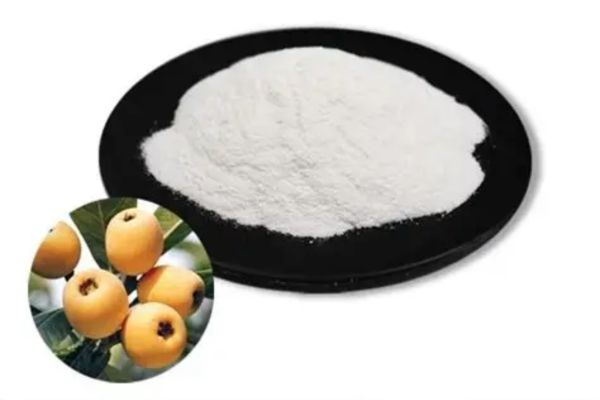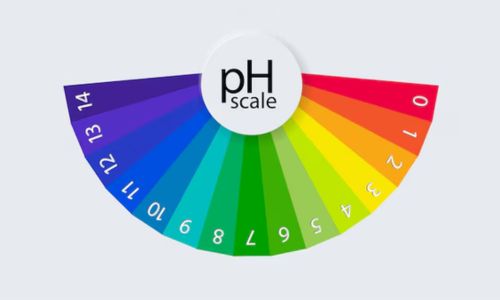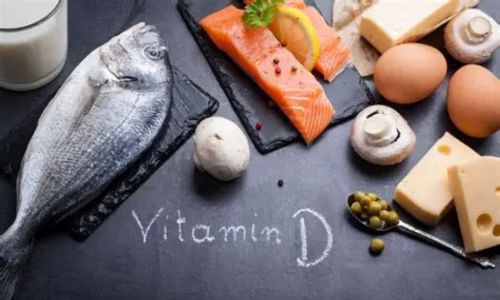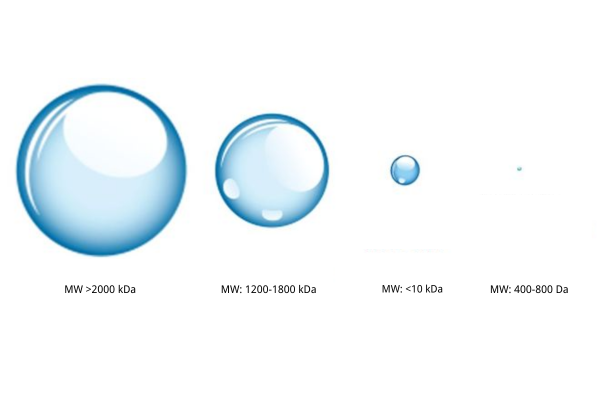What Is Honokiol?
A compound found in magnolia species holds exciting promise in the management of anxiety, cancer, and other challenging conditions. Honokiol is a bi-phenolic compound with the formula C18H18O2 and a relatively small molecular weight of 266 grams/mole. This molecule is found in several species of the genus magnolia including M. officinalis, obovata, and grandifolia. It is an isomer of another compound also found in magnolia materials called magnolol, which has 1000 times the antioxidant potential of vitamin E. The dried bark of M. officinalis usually has about 1-5% hanokiol and 2-10% magnolol.
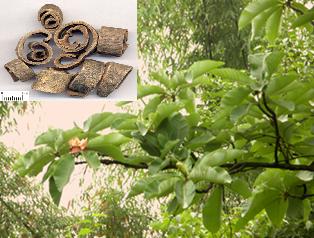
Magnolia Species and Traditional Use
While magnolia species have been incorporated into traditional healing systems throughout the world, the barks of Chinese M. officinalis and Japanese M. obuvata have become quite popular due to their verified levels of phytochemicals like honokiol. The bark of M. officinale (houpa) is often sought for incorporation in traditional Chinese formulas addressing "chi stagnation", asthma, anxiety, cancer, and digestive disorders. China produces well over 200 tons of magnolia bark a year. With its popularity comes the concern of over-harvesting since the tree is killed during bark procurement. A positive side to this is that the honokiol molecule is not very complex and is easily synthesized through organic chemistry methods.
What Is Honokiol Good for?
Honokiol is a polyphenolic compound that exerts neuroprotective properties through a variety of mechanisms. It has therapeutic potential in anxiety, pain, cerebrovascular injury, epilepsy, and cognitive disorders including Alzheimer's disease.
What Is Honokiol used for?
Honokiol is a polyphenolic compound that exerts neuroprotective properties through a variety of mechanisms. It has therapeutic potential in anxiety, pain, cerebrovascular injury, epilepsy, and cognitive disorders including Alzheimer's disease.


